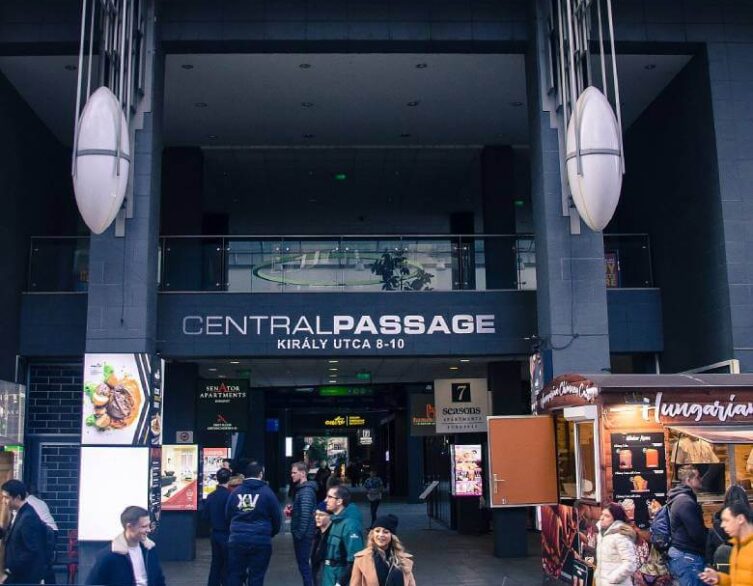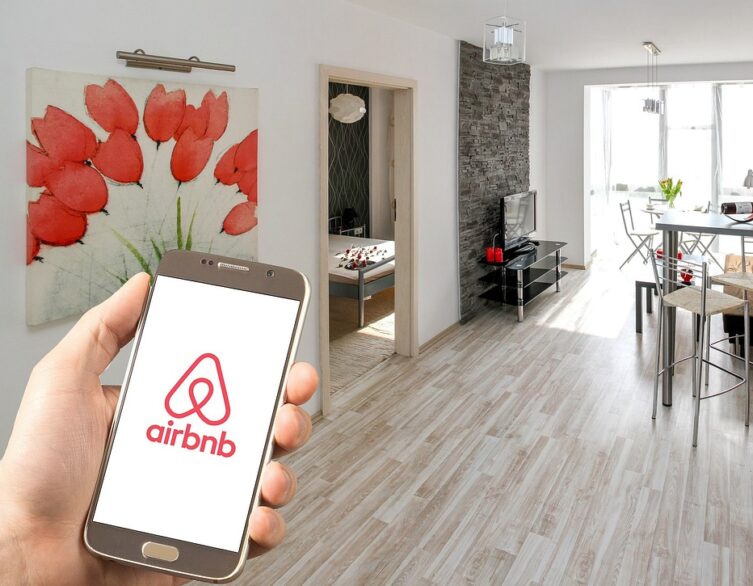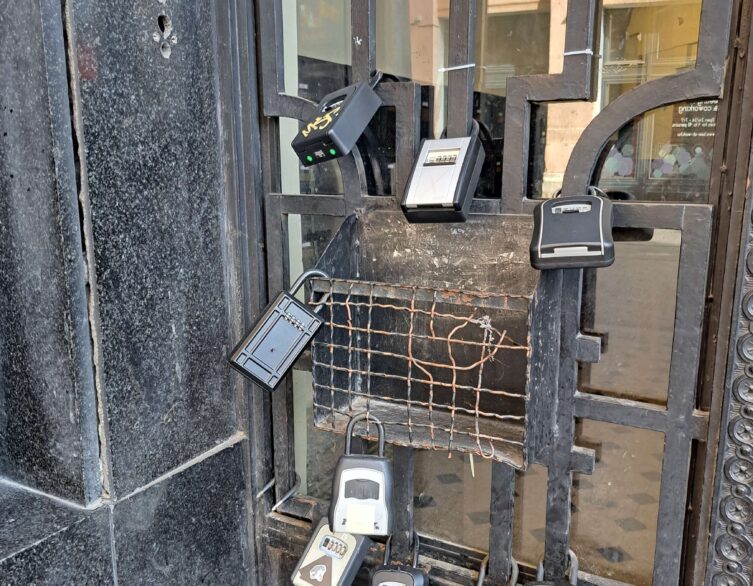Budapest’s Central Passage Apartment Complex Circumvents Airbnb Ban

In a surprising turn of events, one of Budapest’s largest apartment complexes has found a way to continue short-term rentals despite the recent Airbnb ban in the city’s 6th district, Terézváros. The Central Passage Apartment Complex, located between Király Street and Paulay Ede Street, has managed to sidestep the restrictions by reclassifying its properties as commercial accommodations.
Background
Last September, residents of Terézváros voted in a referendum to ban Airbnb-style short-term rentals in the district, effective from January 1, 2026. This decision was made in response to concerns about the impact of short-term rentals on housing affordability and the local community.
The Central Passage Complex
The Central Passage is a significant property in Terézváros:
Best deals of Budapest
- Built in the mid-2000s
- 8,000 square meters in size
- 270 apartments across seven floors
- As of autumn 2024, 239 of these apartments were registered as private and other accommodations
This complex alone accounts for more than 10% of the registered Airbnb-style rentals in the entire 6th district.
The Workaround
To continue operations, the Central Passage complex has taken steps to reclassify its apartments as commercial accommodations, similar to hotel rooms. This reclassification requires meeting certain conditions:
- Installation of new fire alarm systems
- Provision of breakfast services
- Maintenance of a reception area
By fulfilling these requirements, the complex can continue to offer short-term rentals despite the district-wide ban.
Official Response
Tamás Soproni, the mayor of Terézváros, acknowledged the situation but downplayed its significance. He stated that while there are a few larger building complexes capable of transitioning to commercial accommodation status, this is not a widespread phenomenon. Soproni estimates that at most five such apartment buildings in the district could potentially exploit this loophole.
Implications
This development raises questions about the effectiveness of the Airbnb ban and whether other property owners might follow suit. However, Soproni maintains that most traditional apartment buildings used for Airbnb rentals will not be able to provide breakfast or operate a reception, making it unlikely for all former Airbnb hosts to suddenly become hotel operators.
Broader Context
The situation at Central Passage highlights the ongoing tension between local residents seeking affordable housing and investors capitalizing on the tourism industry. As cities worldwide grapple with similar issues, Budapest’s experience may provide valuable insights into the challenges of regulating the short-term rental market.
It’s worth noting that the Hungarian government has also taken steps to address the issue. In autumn 2024, it was announced that no new permits for commercial accommodations would be issued in Budapest for the next two years.
As the 2026 implementation date for the Airbnb ban approaches, it remains to be seen how many other property owners will seek similar workarounds and how local authorities will respond to these challenges in maintaining the spirit of the referendum decision.
Image source: Central Passage Shopping Center
Related news















